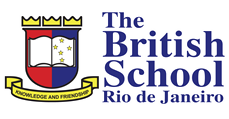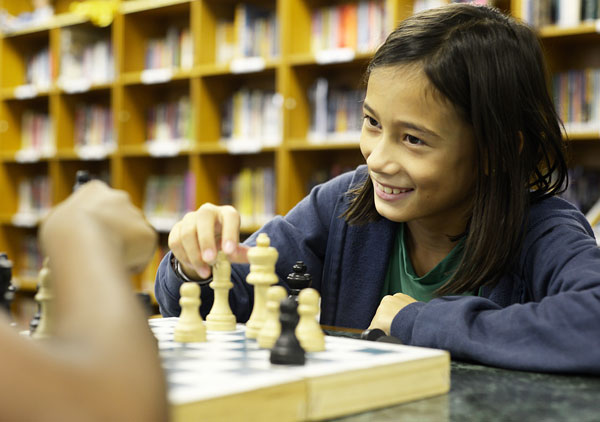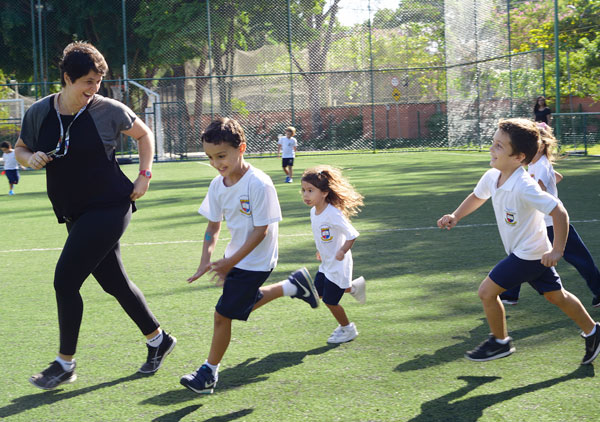Screening for the Secondary School takes the form of:
- Standardized test in Mathematics
- A written test in English, at the appropriate level
- An oral assessment by the Head of Secondary School and/or other Senior teachers
If the school feels it to be necessary, the applicant may be asked to take extra tests as described below:
- Candidates for Years 7 to 9 will be asked to take an NVR (Non-verbal Reasoning) test in addition to the English, Mathematics and oral assessments.
- Candidates for Years 10 and 11 may be asked to take extra tests in Science and/or Humanities subjects.
In some circumstances, students may be admitted to these classes to follow a reduced number of IGCSE courses, provided that this route does not damage their future prospects, that they appear likely to be able to work independently and that the school feels that they will profit from the overall package which this represents.
Entry into Year 12 (or the end of Year 11) will involve more extensive testing in the subjects which the candidate is proposing to study in the IB course. The IB Coordinator will be involved in the interview process and in recommending suitable courses and combinations. Students may enter Class 10 to take the full Diploma or Certificates.
Entry into Year 13 is not possible unless the candidate is transferring from an IB course and has completed at least as much time in the course as the students at The British School. The results of these assessments must indicate an appropriate level of fluency and understanding in oral and written English if the candidate is to enter The British School. In every case, the candidate must be able, as far as can be gauged, to profit from the programme offered by the school at the level of entry.
Other factors are taken into account, particularly:
- The candidate’s written reports from previous schools
- Evidence of past good behaviour and positive attitude;
- Likely ease of adaptation to The British School programme, at the proposed level of entry;
- The family’s plans for the applicant’s future schooling and Higher Education.
In exceptional circumstances we may consider candidates with little English, provided they will be able to profit from the programme offered. We may also consider candidates who do not meet all the above criteria, provided that they fulfil stated conditions established by The British School.






